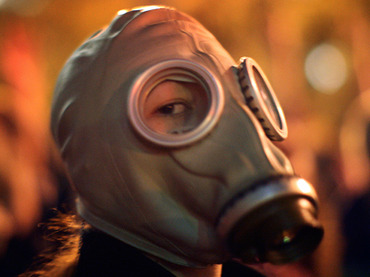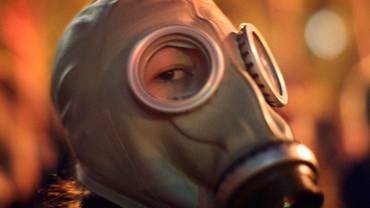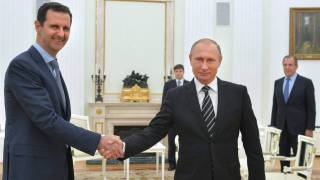Pentagon hopes nicotine plant can ’cure’ chemical weapons effects
Source: rt.com
 The phrase ‘chemical weapons’ has sparked fear in the US for years, so the Pentagon recently dished out $2.7 million for research on using a plant closely related to tobacco to protect soldiers from chemical warfare.
The phrase ‘chemical weapons’ has sparked fear in the US for years, so the Pentagon recently dished out $2.7 million for research on using a plant closely related to tobacco to protect soldiers from chemical warfare.It’s a somewhat ironic decision by a country that vowed to spend $54 million on anti-tobacco advertising campaigns this year.
The Pentagon’s research branch, the Defense Advanced Research Projects Agency (DARPA), awarded $2.7 million to Kentucky Bioprocessing, LLC to research the rBuChe protein, which is found in the Nicotiana benthamiana plant, Wired magazine reported.
Washington hopes the research will yield pre-treatments containing the protein that can be given to troops pre-deployment, in case they face a chemical weapon attack.
The rBuChE protein is also found within the human liver, where it is thought to be a ‘bioscavenger’ that waits in the bloodstream to attack harmful agents.
According to the grant proposal, the aim of the project is to produce enough rBuChe to create “a drug that can protect the war fighter from chemical threat agent exposures.”
When a nerve agent enters the body, it stops certain enzymes from working, including the ones that break down the nerve-signaling molecule acetylcholine. When acetylcholine levels get too high, the entire nervous system shuts down.
The symptoms are ugly and painful – ranging from diarrhea, nausea, irregular heart rates, convulsions and even death. At present, there is no way to prevent these symptoms; medical professionals can only treat the damage after the fact.
But if scientists’ hypotheses are correct, the rBuChe protein will attack nerve gas and other nerve agents when they’re enter the body. Once the protein detects a harmful substance, it binds to it and breaks it down into sub-particles before it can attack the nervous system.
If the research is successful, the pre-treatment will be made available to soldiers through a vaccine or intravenously.
[...]
Read the full article at: rt.com






















